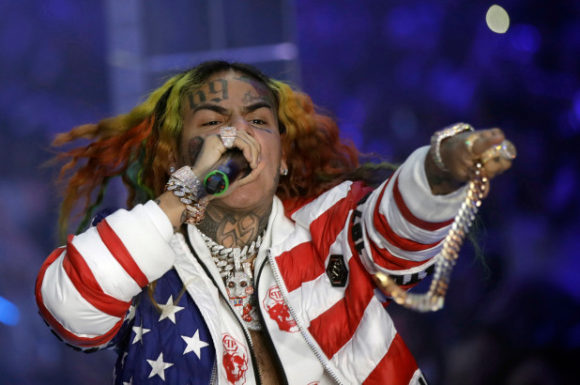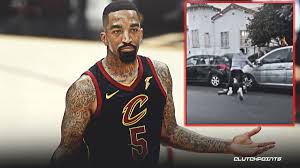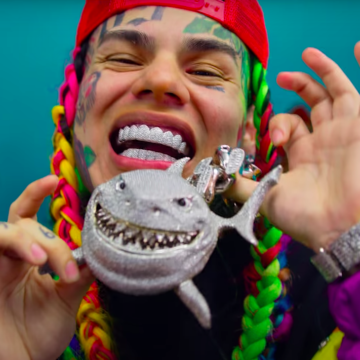
Tekashi 6ix9ine Prosecutors Formally Recommend Judge Go Easy On Him
Tekashi 6ix9ine will get his sentence when he next goes to court on December 18. There is some expectation he will be let free, meaning he will have just served a year of what could have been a 47-year bid for racketeering and weapons charges.
6ix9ine famously flipped on the other Tr3yways the day after he was brought in. His testimony led to two convictions and the threat of that testimony likely convinced the rest of his co-defendants to plead guilty.
In legal docs obtained by TMZ, the Feds acknowledged how good a witness 6ix9ine was, calling him “incredibly significant and extremely useful” to their case.
Prosecutors on Wednesday urged a federal judge to go easy on rapper Tekashi 6ix9ine, writing in a sentencing recommendation that his cooperation was “extraordinary” in charging and securing convictions against several members of a violent Brooklyn Bloods set.
Tekashi 6ix9ine Prosecutors Formally Recommend Judge Go Easy On Him.In a letter to Judge Paul Engelmayer, the prosecutors lobbied that Tekashi — real name Daniel Hernandez — not face the minimum sentence of 47 years in prison for his involvement in the Nine Trey Gangsta Bloods and several shooting incidents carried out by members of the crew in 2017 and 2018.
“Hernandez’s cooperation was extraordinary,” the prosecutors wrote in the letter.
“He is a famous rap artist and was a high-profile member of a violent gang. In the face of threats made against him and his family, Hernandez decided to cooperate against his co-defendants and testify publicly in a trial that was widely publicized.”
They note in the letter that Tekashi gave prosecutors an insider’s view of the hierarchy of Nine Trey and specific information about robberies and shootings executed by the gang while he was briefly involved with them.
Tekashi’s cooperation lead to the arrest of Nine Trey gangbangers Anthony “Harv” Ellison, Denard “Drama” Butler, Kintea “Kooda B” McKenzie and Aljermiah “Nuke” Mack, according to the letter.
“After Hernandez’s cooperation became public in February 2019, several of Hernandez’s co-defendants contacted the Government to begin plea discussions,” they wrote in the letter.
Tekashi also gave “extensive information” — corroborated by other sources — about other violence that were not charged in his indictment, but lead to charges in separate cases, prosecutors note.
“The defendant has been truthful with the Government from the outset of his cooperation,” they added.


